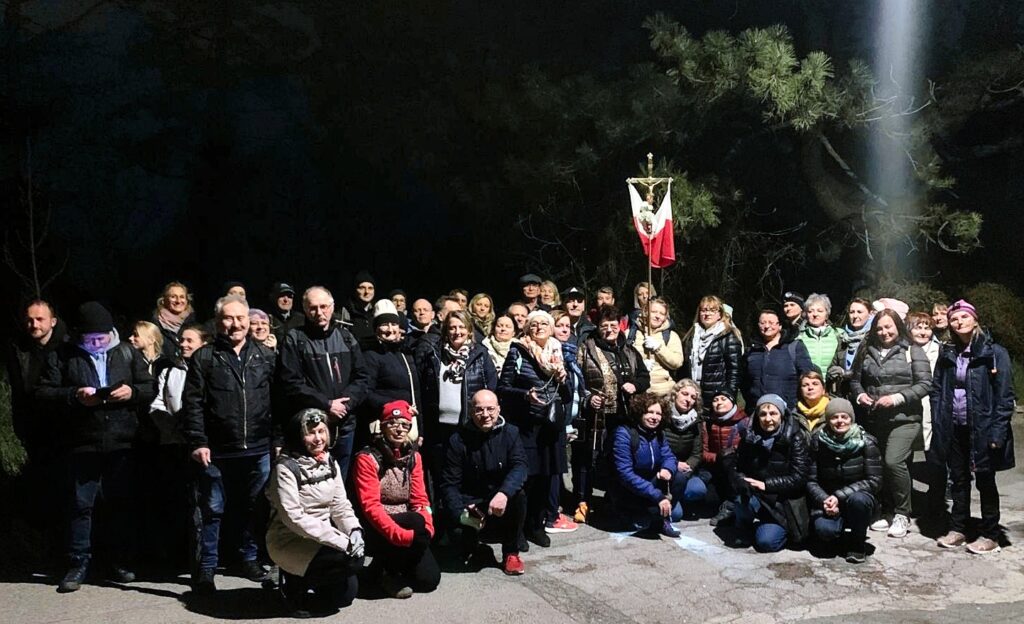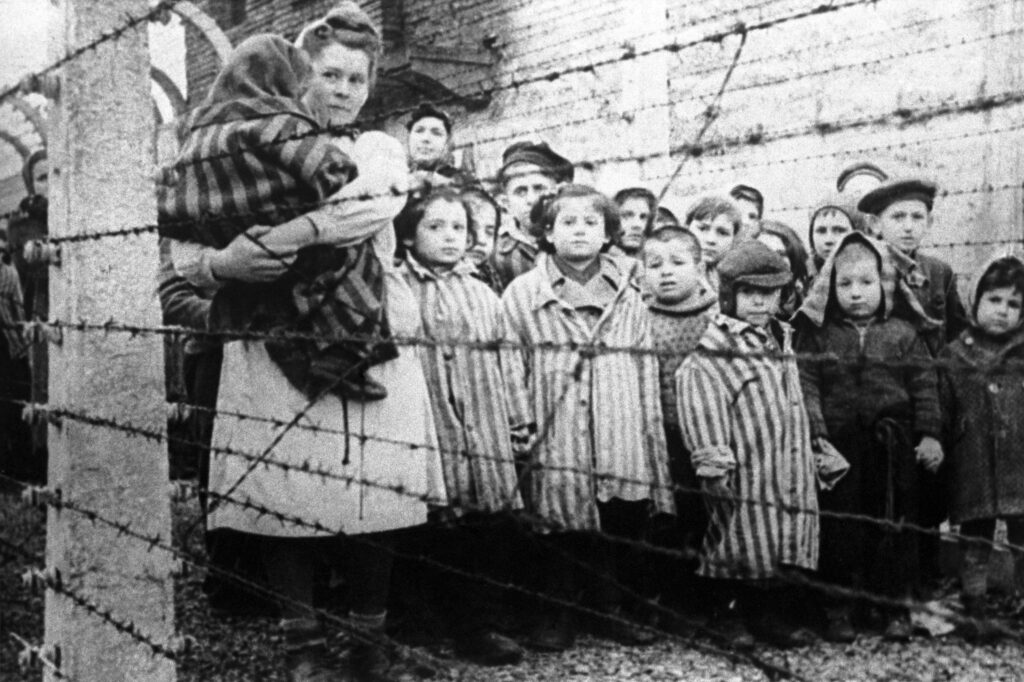Reflection by Monsignor Enrique Díaz: Beyond violence
VII Ordinary Sunday

Monsignor Enrique Díaz Díaz shares with Exaudi readers his reflection on the Gospel of this Sunday, February 23, 2025, entitled: “Beyond violence”
***
1 Samuel 26, 2. 7-9. 12-13.22-23: “David did not want to attack the Lord’s anointed”
Psalm 102: “The Lord is compassionate and merciful”
1 Corinthians 15, 45-49: “We were like the earthly man, and we will be like the heavenly man”
Saint Luke 6, 27-38: “Be merciful, as your Father is merciful”
Week after week we hear news of violence. We cannot and should not get used to it, however, they are present in all areas, from countries at war or the violent executions of drug trafficking, to the daily violence in every home that surprises us with very serious crimes and violations. How can we end violence? Certainly, it will not be with more violence, but neither with passivity and indifference.
The Bible says: “You shall love the Lord, your God, with all your heart, with all your soul and with all your strength… you shall love your neighbor as yourself.” But this law was conditioned by the famous law of Talion, an eye for an eye and a tooth for a tooth that sought protection for the weakest. Punishments, walls, laws, seek to avoid abuse, but in the end they remain in letters that do not stop violence.
Jesus proposes another way. The kingdom of God cannot be based on revenge, not even limited revenge, but on the principle of love and forgiveness. Love for one’s enemies, which can be considered another blessing, since those who practice it are called by Jesus “children of the Most High” in this passage from Saint Luke, as a very important foundation of peace. And it is true, revenge and hatred are not dams that stop violence; if love does not stop it, we will never be able to stop it.
An old man in his last moments confessed that he had lived, almost all his life, drowned by hatred and revenge. One day, suddenly, he decided to forgive: “It was as if I had been born again. Hatred is like an apple with a worm inside. No one can eat the apple, but what is rotten is the apple. Hatred rots whoever carries it in their heart.” If we looked closely at the wars of history and those of today, we would discover that, beyond all conflict, they were caused by hatred, by selfishness and by revenge that darken the mind and dull the senses. Where have wars and violence taken us? Jesus has been joined by great men and reformers, announcing with their lives and works that love is stronger than hate. We have the great achievements of Gandhi, of Martin Luther King and of so many men and women who have been able to confront with dignity, with courage, but without violence, those who commit injustice.
A second principle that Christ offers us, a consequence of the first, is “to him who strikes you on one cheek, offer him the other also. To him who snatches your cloak, give him your garment also…” These proposals of Jesus seem to us even naive and a reason for abuse by the powerful. But let us keep in mind what he has just said in the beatitudes. It is about being meek, but not “foolish“. Jesus does not try to reduce us to passivity, conformism or resignation. For how long did the powerful use “Christian resignation” to silence the voices that demanded their rights? It is not about giving up our rights or keeping quiet in the face of injustice, but about giving up violence as the only means to resolve differences and conflicts; and also giving up our comforts or our most precious clothes to give them to those who need them most. In this sense, Jesus goes beyond the concept of sharing that we had until then, because it is no longer enough to just share “bread with the hungry…” but to give everything, even one’s own life.
The third principle that Jesus presents to us goes even further: if the proclamation of the beatitudes is revolutionary, because they tend to discover God and his Kingdom as the only wealth and are therefore capable of putting into crisis all the false values that human beings create over and over again, we can say that the proclamation of a love that teaches us to seek the other just because he is the other, regardless of whether he loves us or hates us, does good or does evil to us, is even more revolutionary: “Be merciful, as your Father is merciful… and you will be children of the Most High, because he is good even to the evil and the ungrateful.” Mercy is presented to us as a constitutive element of being Christian, because it is also God’s.
We must ask ourselves what we are really doing to end violence and hatred. Have we ever thought about how merciful we are? We often confuse mercy or compassion with pity, and that is not Christian, because the one who has pity unconsciously presents himself as superior to the other; on the other hand, the one who has mercy establishes a relationship of brothers to find together the path of the Lord. Being merciful is “putting one’s heart” next to the heart of the other. Can we do this with those we hate, especially when they are close to us? Much more than forgiving, it is “loving the enemy” that Jesus proposes to us. In the family, in society, beyond the misunderstandings that we must overcome, Christ offers us today a path of reconciliation. Who is in need of my forgiveness and my love? Why consider my own brother an enemy?
This is what Jesus tells us in this passage: “Do unto others as you would have them do unto you… For with the same measure you use, it will be measured to you.” Do I like to be greeted, to be taken into account, to have my rights respected? Then I must begin to do the same with others. Would I like to find true forgiveness and be able to continue being a brother to others? Then I must grant forgiveness and love, “even my enemies.” And the underlying reason is given to us by Jesus: “To be like your Heavenly Father.” It is Jesus’ dream: that we can all live as brothers and sisters resembling our Heavenly Father.
Grant us, Lord, to be docile to the Spirit and to change weapons into instruments of peace, hatred into love and to build a new world according to your designs as a Merciful Father. Amen.
Related

The Vatican Suppresses the Sodalitium of Christian Life After a Long Discernment Process
Exaudi Staff
15 April, 2025
1 min

From Kahlenberg to the Papal Cross – Polish Night Way of the Cross in Vienna
Heschel Centre for Catholic-Jewish Relations at the Catholic University of Lublin
15 April, 2025
2 min

“I Will Never Be Herod for the Innocents”
Wlodzimierz Redzioch
14 April, 2025
6 min

Reflection by Bishop Enrique Díaz: On a Donkey
Enrique Díaz
13 April, 2025
5 min
 (EN)
(EN)
 (ES)
(ES)
 (IT)
(IT)

